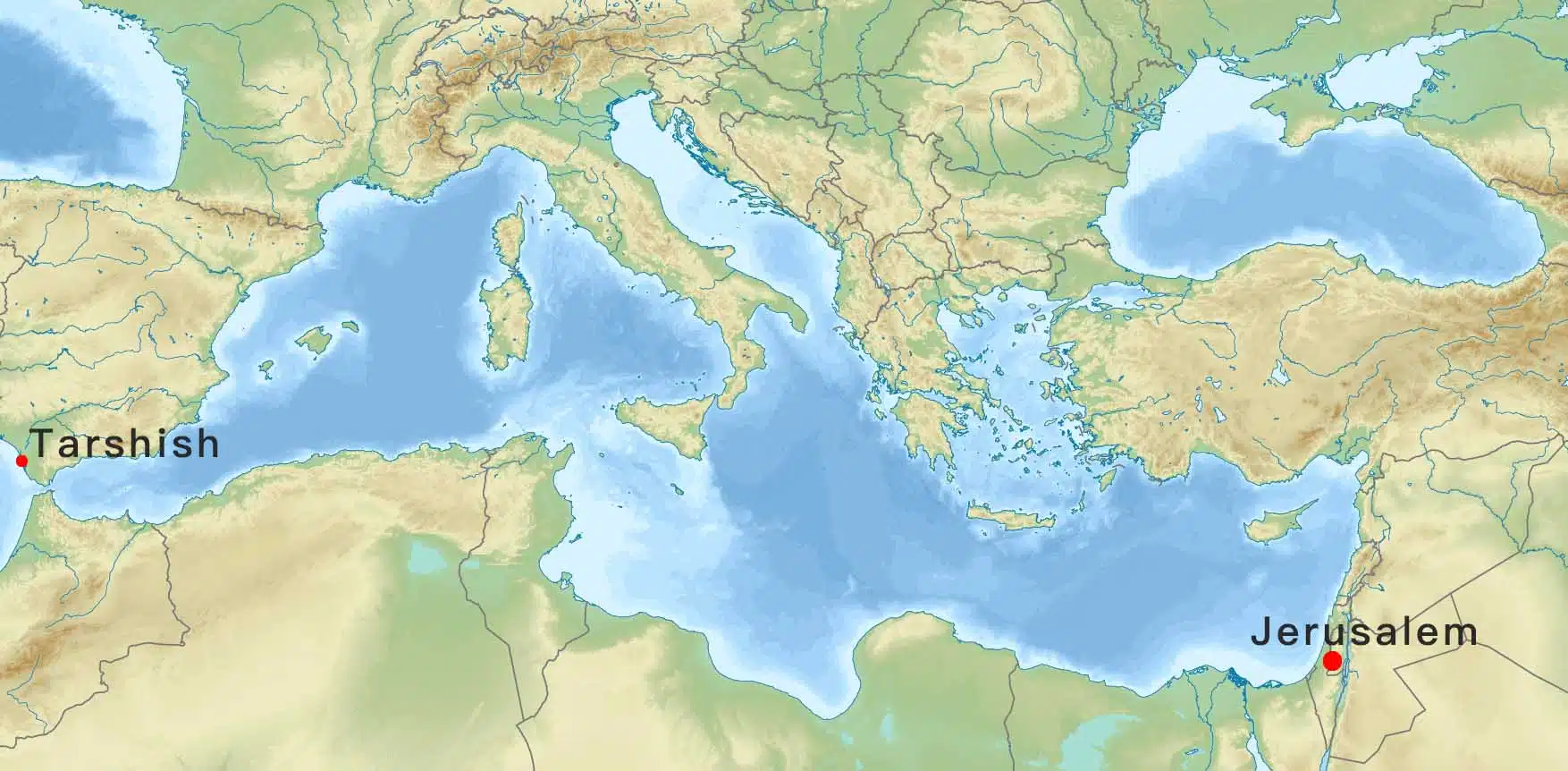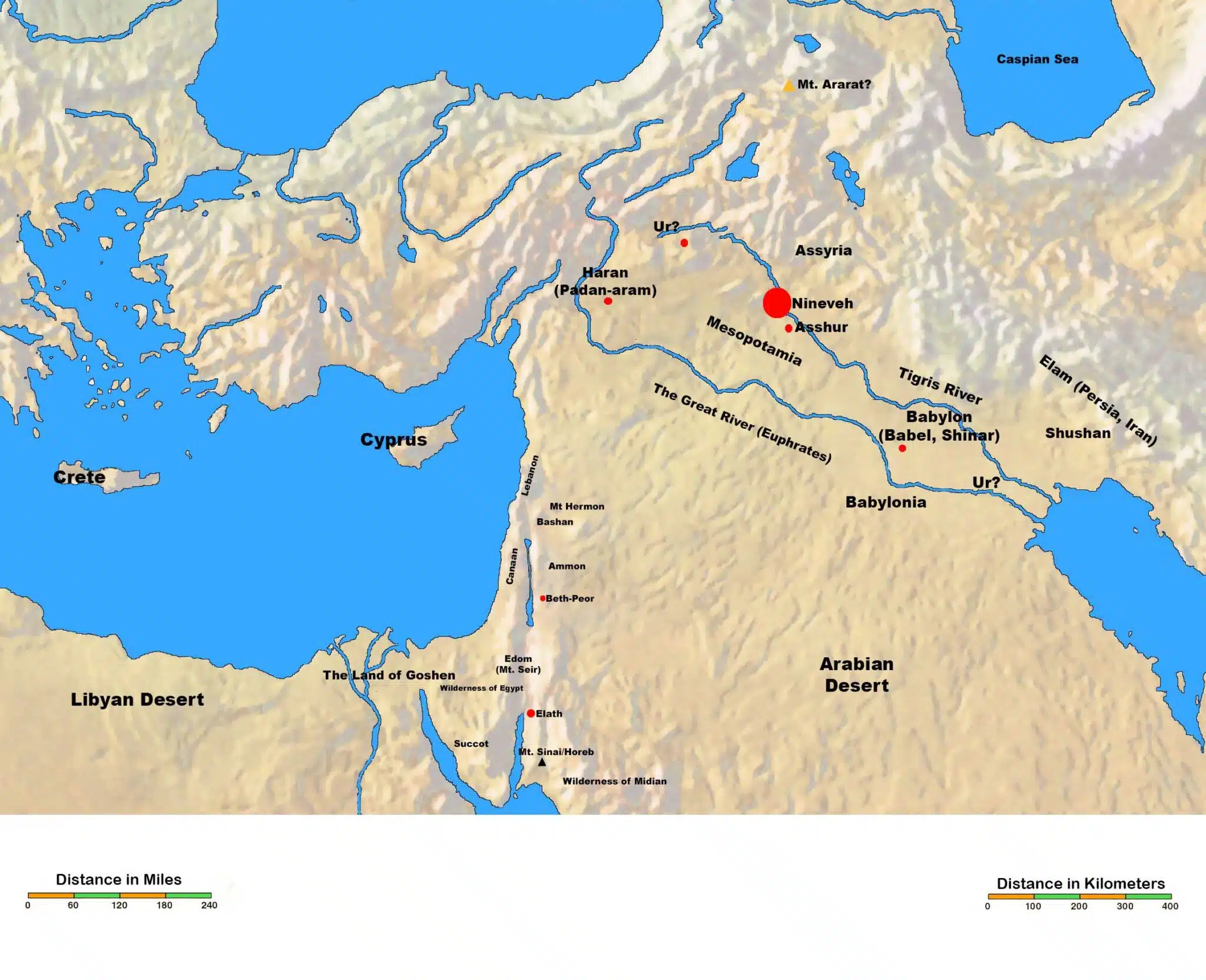When God sees the people’s genuine response, He responds with compassion and spares them from the announced judgment.
The Ninevites heard from the prophet Jonah that God would destroy the city of Nineveh within forty days (v. 4). They understood the message to mean that God was angry because of their evil actions. So, they took the warning to heart and genuinely cried out to God for forgiveness and mercy. More importantly, they lived in a way that pleased God because they abandoned their evil deeds.
The word translated deeds refers to actions that someone performs, whether good or evil (1 Samuel 8:8). In this context, it is equivalent to the word “conduct” or “behavior.” The Ninevites were practicing evil deeds before hearing Jonah’s message of judgment. But once they heard from the prophet that God would destroy their city, they behaved well, at least for a while (vv. 5–9). They turned from their wicked behavior and practiced good deeds. When God saw their deeds, that they turned from their wicked way, then God relented concerning the calamity, which He had declared He would bring upon them.
The noun translated as calamity is the word “raʿah” in Hebrew. Sometimes, it refers to evil behavior, as in the previous section (Jonah 3:8). Other times, it refers to misfortunes that God brings upon an individual or a nation. In our passage, the noun refers to troubles that God was about to bring upon the city of Nineveh. But because the people of Nineveh improved their behavior, God changed His course of action and refrained from destroying the city (v. 4).
The fact that God had mercy on Nineveh tells us that Jonah’s message was a warning meant to provoke repentance in the city. Thus, God’s statement that He would destroy Nineveh in forty days was conditional upon the people’s response. This truth echoes what the LORD said in the book of Jeremiah: “At one moment I might speak concerning a nation or concerning a kingdom to uproot, to pull down, or to destroy it; if that nation against which I have spoken turns from its evil, I will relent concerning the calamity I planned to bring on it” (Jeremiah 18:7–8).
Our God is compassionate and merciful. He rescued the sailors by calming the stormy sea (1:15). He saved Jonah from drowning by allowing a great fish to swallow him and vomit him out onto dry land safely (1:17; 2:10). Now, God spared the city of Nineveh because it repented. He forgave the people for their wicked actions and relented from sending the announced judgment. And He did not do it, meaning God did not send the calamity upon Nineveh. We will soon see that this angers Jonah, as Nineveh is the enemy of Israel.
Biblical Text
10 When God saw their deeds, that they turned from their wicked way, then God relented concerning the calamity which He had declared He would bring upon them. And He did not do it.
Check out our other commentaries:
-
Matthew 1:17 meaning
After concluding his genealogy of Jesus, the Messiah, Matthew explains that he has divided it into three groups of fourteen. In Jewish tradition the number...... -
Founding Paradox meaning
Philosophical systems based on logic can never explain their founding paradox. An example is the relativist’s belief that “all things are relative”. The proposition that...... -
Ecclesiastes 9:17-18 meaning
Trying to control others through shouting and coercion is destructive while quiet words of wisdom are more powerful than weapons of war....... -
Exodus 32:30-35 meaning
Moses offered to God to die or bear the consequences for the people. The LORD rejected his offer and declared that those who committed this...... -
Romans 4:9-11 meaning
The blessing of having our sins forgiven is available to all people, whether circumcised or uncircumcised. Being circumcised or doing any good works does not......




